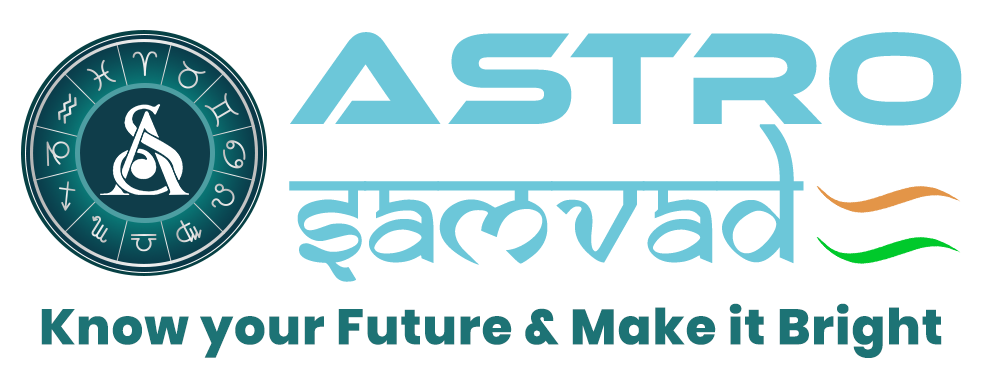Rahu in Different Houses & Signs
Rahu: Significance and Influence in Vedic Astrology
Rahu is a shadow planet in the northern node of the moon, playing a very important role in Vedic astrology. It reflects the obsessions and ambitions of a person's past life that were unfinished. In this life, Rahu’s purpose is to help achieve those unresolved goals. The exact impact of Rahu depends on its symbol, degree, and the house it occupies in your birth chart.
Effects of Rahu in Different Houses and Signs
- Rahu is often referred to as taboo-breaking, amplifying desires and obsessions. It reflects an individual’s yearning for things that may not be morally or traditionally accepted, yet the person feels an intense need to pursue them. Rahu signifies a world of unfulfilled desires, and it often urges the native to pursue those desires in the fastest possible way, whether through shortcuts, hard work, or absolute integrity.
- Wherever Rahu is placed, it amplifies the qualities of that house or sign. Rahu desires to leave a lasting impact, making sure that its presence is remembered.
Rahu and Ketu: Shadow Planets
- Rahu and Ketu do not cast a drishti (aspect) on any stars or houses as shadow planets. Although some modern astrologers may assign aspects to Rahu and Ketu, traditional astrology doesn’t support this. Rahu is often described as the Head of the Demon and Ketu as the Demon’s Torso (tail). Logically, since the demon’s body is split into two, it would not have the ability to cast a drishti or vision.
- Additionally, these shadow planets don’t own any specific house (Rasi) in the zodiac. Some astrologers may attribute certain signs to Rahu or Ketu, but there has never been a consensus among ancient astrologers about specific houses belonging to them or about their exaltation and weakening roles.


